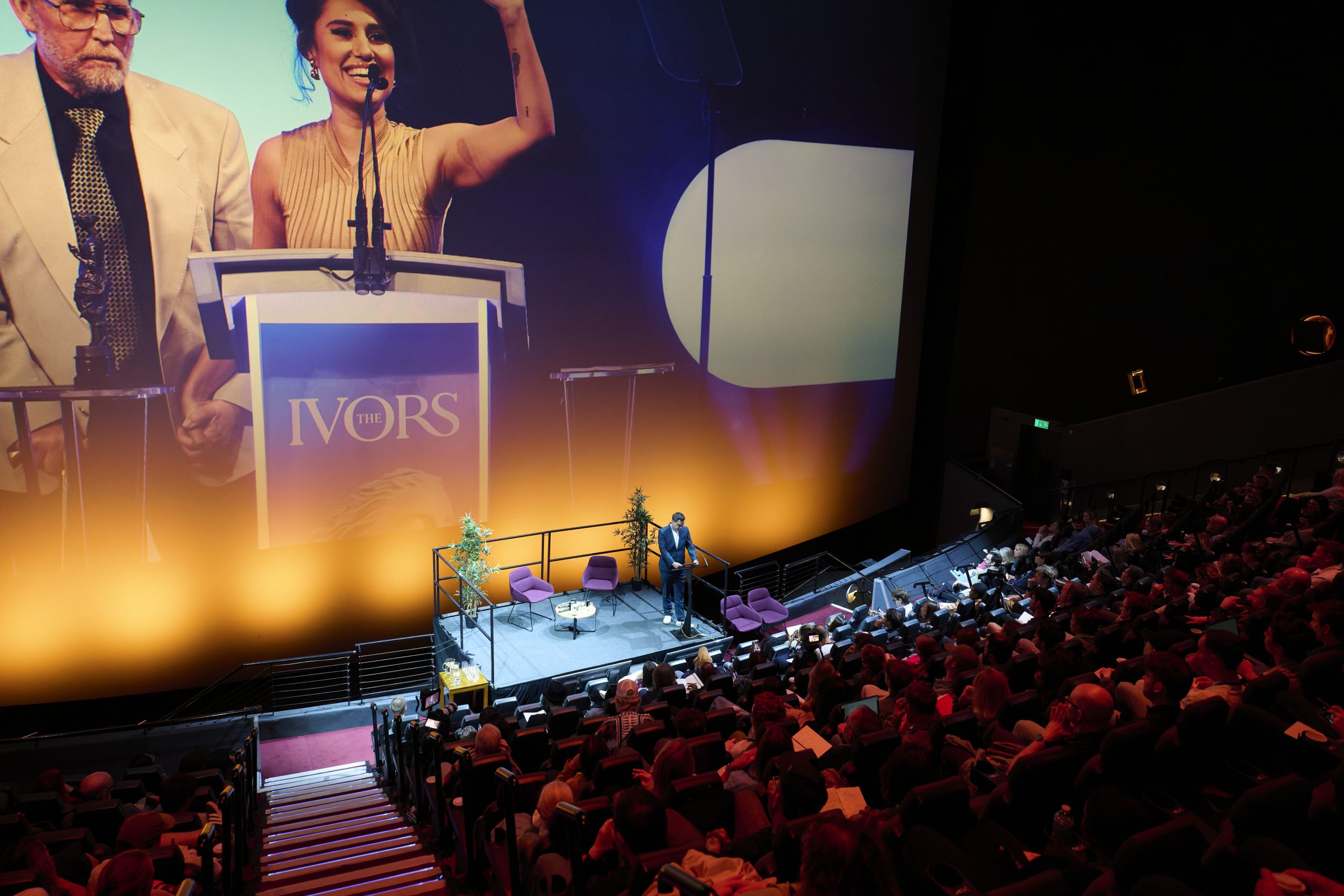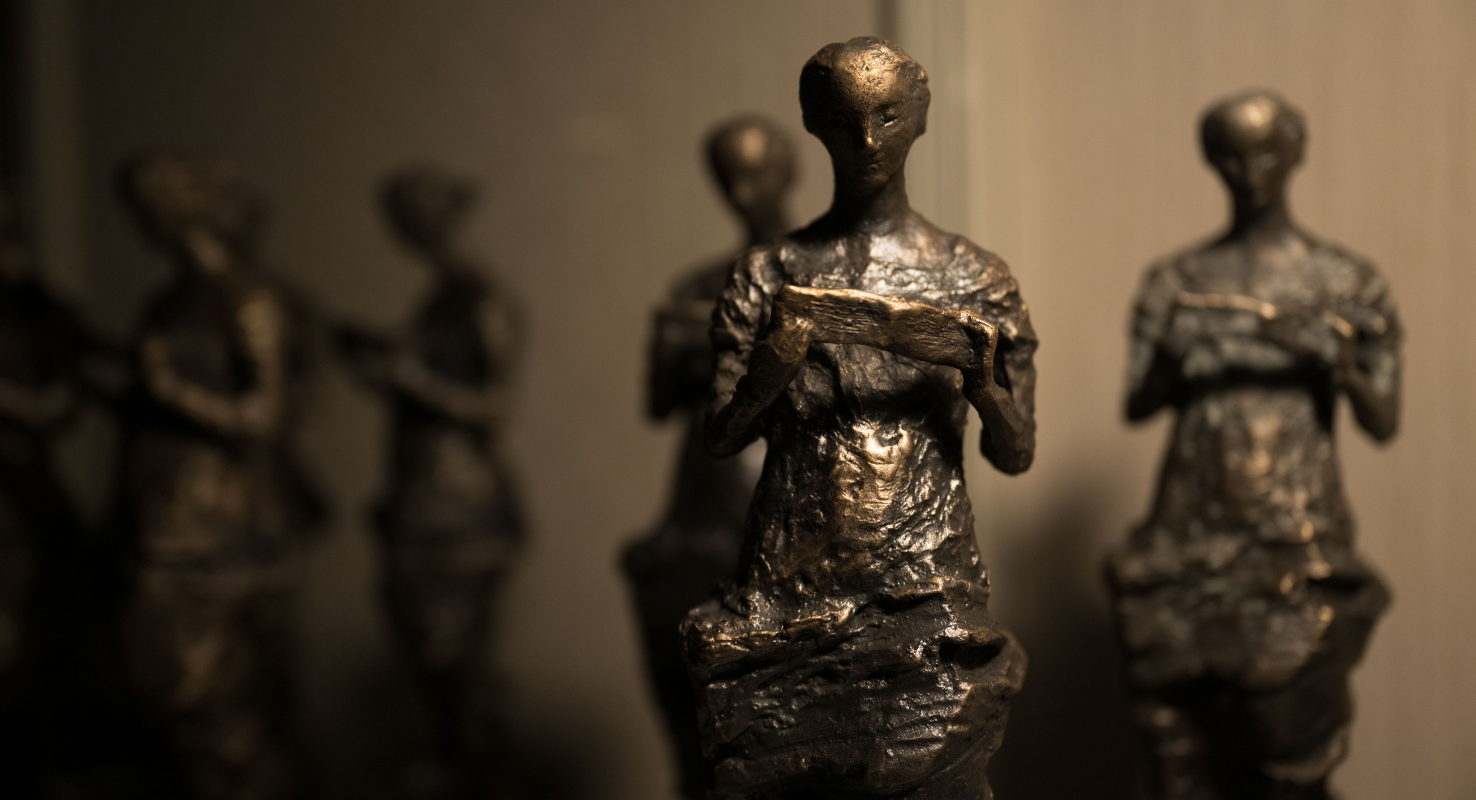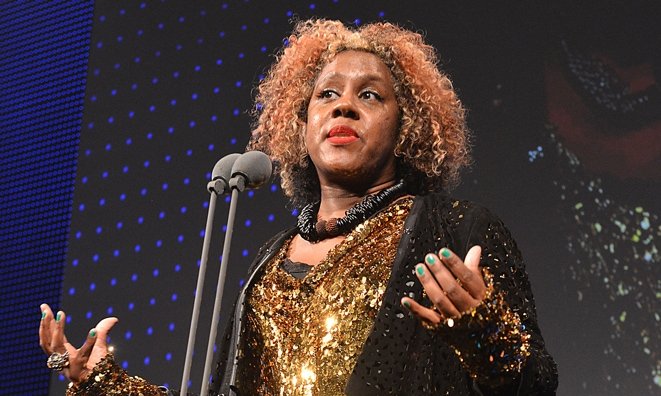‘Writing in music is thinking in time’, observes Errollyn Wallen in her memoir, Becoming a Composer. ‘And, often, thinking in public.’ By that reckoning, few composers today can have done quite so much thinking: Wallen is not only an extraordinarily prolific creator (her twenty-two operas is as good a measure as any) but also one of the world’s most performed living composers.
Born in Belize (then British Honduras) but raised from the age of two by an aunt and uncle in Tottenham, she has also become one of Britain’s most visible musicians. Her music has since featured at major national events from the London 2012 Paralympic Games to the COP 26 conference of 2021, and the Golden and Diamond Jubilees of Elizabeth II. In 2013 she became the first female composer to receive an Ivor Novello Award for classical music. It was entirely fitting when, in August this year, she was chosen to succeed Dame Judith Weir as Master of the King’s Music.
But for all this pomp, much of Wallen’s ‘thinking in public’ has involved more personal connections – ‘I love writing music thinking of other people’, she told Radio 4’s Lauren Laverne earlier this year. This applies both to intimate songs, like those on her first album Meet Me at Harold Moores, which embrace her twin loves of Ella Fitzgerald and JS Bach, and to major social statements, such as the oratorio Carbon 12 (2008), on the history of South Wales coal mining, and the orchestral Mighty River, composed in 2007 to mark the 200th anniversary of the Abolition of the Slave Trade Act in England. Perhaps most exemplary is her reimagining of Parry’s Jerusalem for the pandemic-affected 2020 Last Night of the Proms – the famous hymn reframed through the ears of the Windrush generation to highlight the musical connections between Britain and the Commonwealth.
Errollyn Wallen will be formally inducted at The Ivors Classical Awards on 12th November 2024. Book your tickets.




